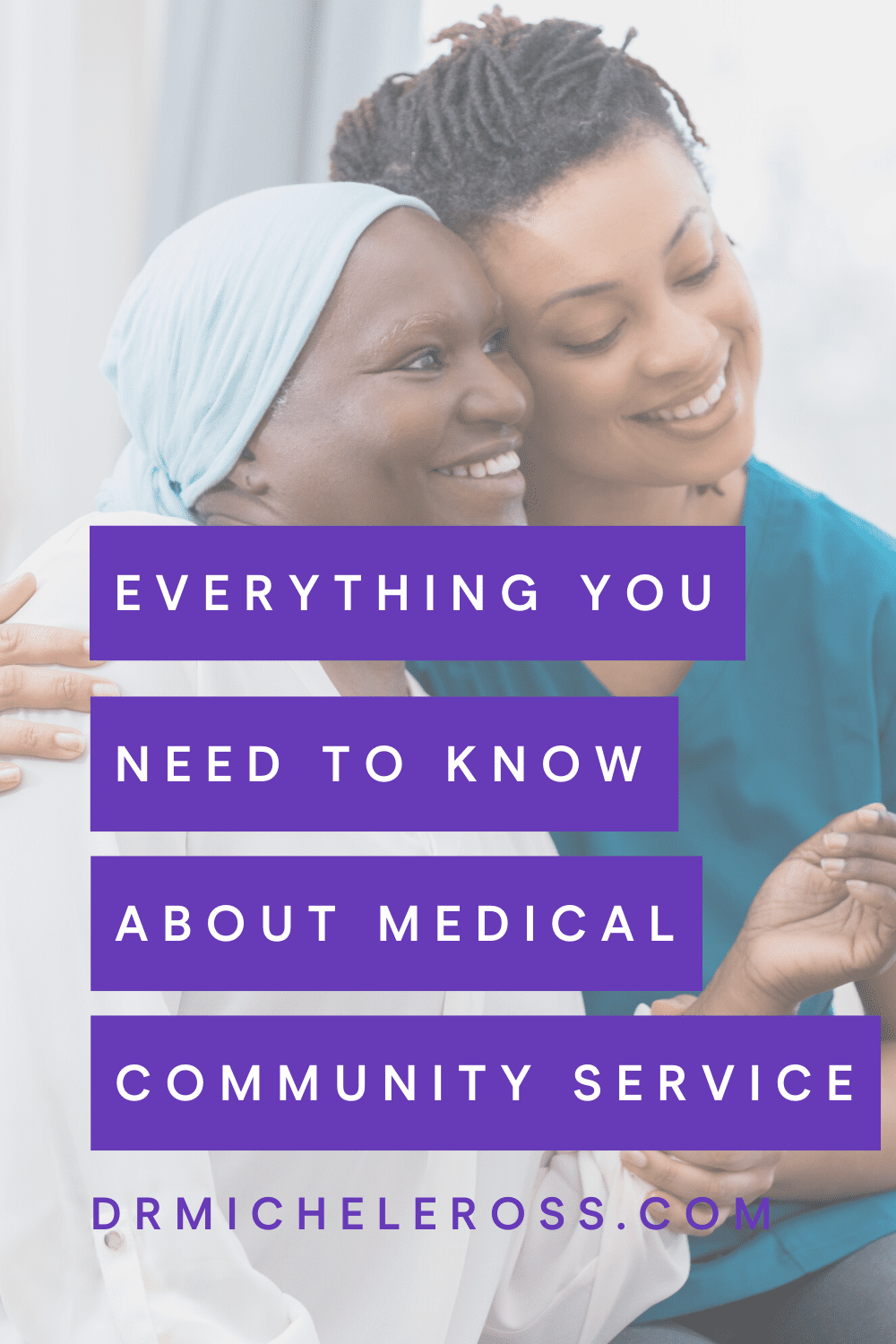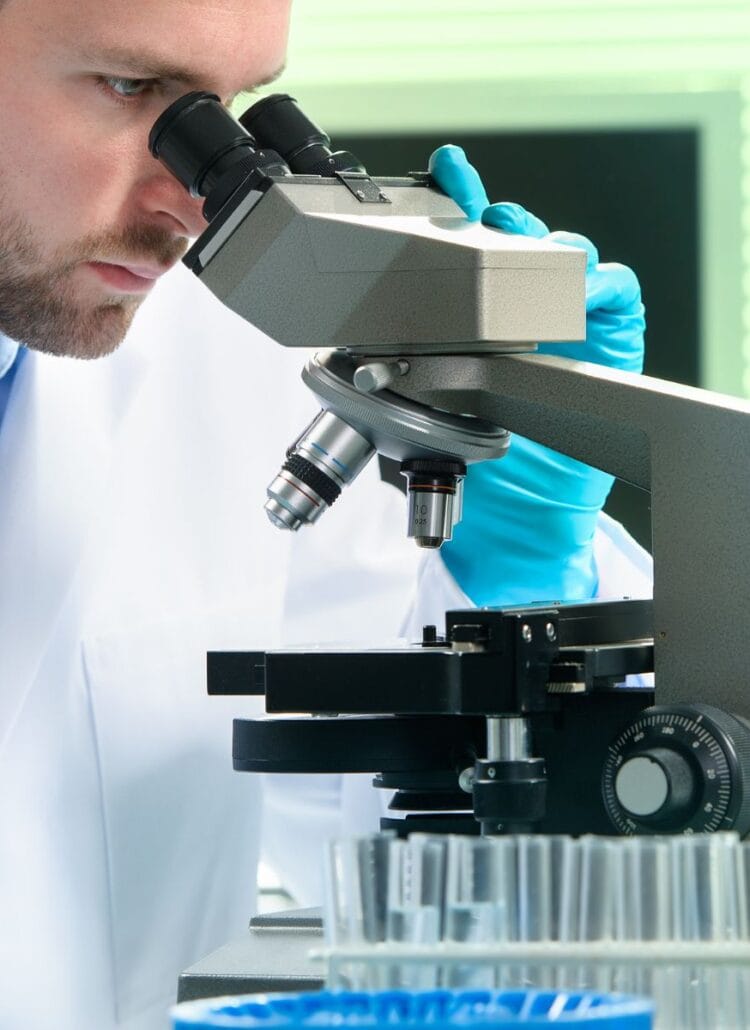
A career in medical community service will provide you with a unique perspective on the lives of patients with chronic diseases. This work will allow you to understand how they live in their community, including how to find food, how to pay bills and other everyday necessities. You will also learn to perceive the things patients leave unsaid. But for more insights with regards to medical community service, you can instantly access data curated from verified physicians all over the world through Sermo.com. This will provide you with an insider’s perspective that you can use to make decisions about health care.
Increasing team-based approach
Developing a team-based approach to health care is becoming increasingly common. Medical errors are the third leading cause of death in the US, and teamwork failure accounts for up to 70 percent of these errors. This shift to a team-based approach to care is well-founded, given the potential for improved performance. However, this new paradigm also comes with its challenges. In addition to fostering patient-centeredness, team-based care enables increased equality among team members and a more patient-centered approach.
Using a team-based approach in health care is increasingly recognized as essential for the quality and safety of patient care. This is especially true with the increasing complexity of care and the emergence of co-morbidities. Gone are the days when doctors could do everything independently and still deliver quality care. Global demands for quality patient care demand parallel health care professional development. Teams must be designed with patients, their needs, and their values.
Value of volunteer service in medical education
Among the many benefits of volunteering for medical education is the societal benefit. Public welfare services like disaster relief and medical missions often benefit students’ social, emotional, and professional development. Students may also gain hands-on experience by helping vulnerable populations. In addition, volunteer activities enhance students’ communication skills and broaden their perspectives of contextual health problems. They may also develop social networks with people of different ages. Ultimately, volunteerism is a win-win scenario for both students and the community.
In the UK, for example, the National Health Service (NHS) has been under unprecedented strain by the outbreak of COVID-19. The Imperial College London School of Medicine developed a volunteer program for medical students that involved eight teaching hospitals and the local community in response to this situation. While the project’s primary objective was service provision, the program resulted in transformative educational value for many of the students. Moreover, the research has paved the way for future efforts to include volunteer service in medical education.
Importance of building trust with patients
The relationship between a doctor and patient is at the heart of quality health care. Patients who feel comfortable and trust their doctors will often seek better care. Therefore, it is important to understand what patients want from their doctor to develop trust. A street survey by George Washington University found that half of the respondents said they would prefer a compassionate doctor who listens to their concerns and explains things well. The results of the study were promising.
One study found that people have more confidence in their healthcare providers than in the healthcare system or Big Pharma. The Merck for Mothers program, which aims to reduce maternal mortality worldwide, was founded to address this problem. According to Merck for Mothers, Black women die from pregnancy-related causes three times more often than white women. Furthermore, providers spend less time with Black patients, fail to notice their symptoms, and lose contact during their postpartum period, when their bodies undergo major physiological changes.
Characteristics of exemplary community health workers
Community health workers are a vital part of health care systems, reaching out to communities where the lack of access to health care has the most detrimental effects. They help ensure that communities receive the care they need, improve communication between health care providers and communities, and advocate for health and wellness issues that affect underserved communities. These workers also have a range of other responsibilities, including health education, prevention, and promotion.
The characteristics of a good community health worker include being a trusted member of a community and understanding local cultural norms. Educating peers about disease prevention and fostering relationships with community members are important qualities. Medical community service workers help improve access to health care services by improving communication, increasing access to health services, and strengthening communities. To succeed, a community health worker must be compassionate, understand cultural norms, be honest, and offer confidentiality.
Pin This Post





